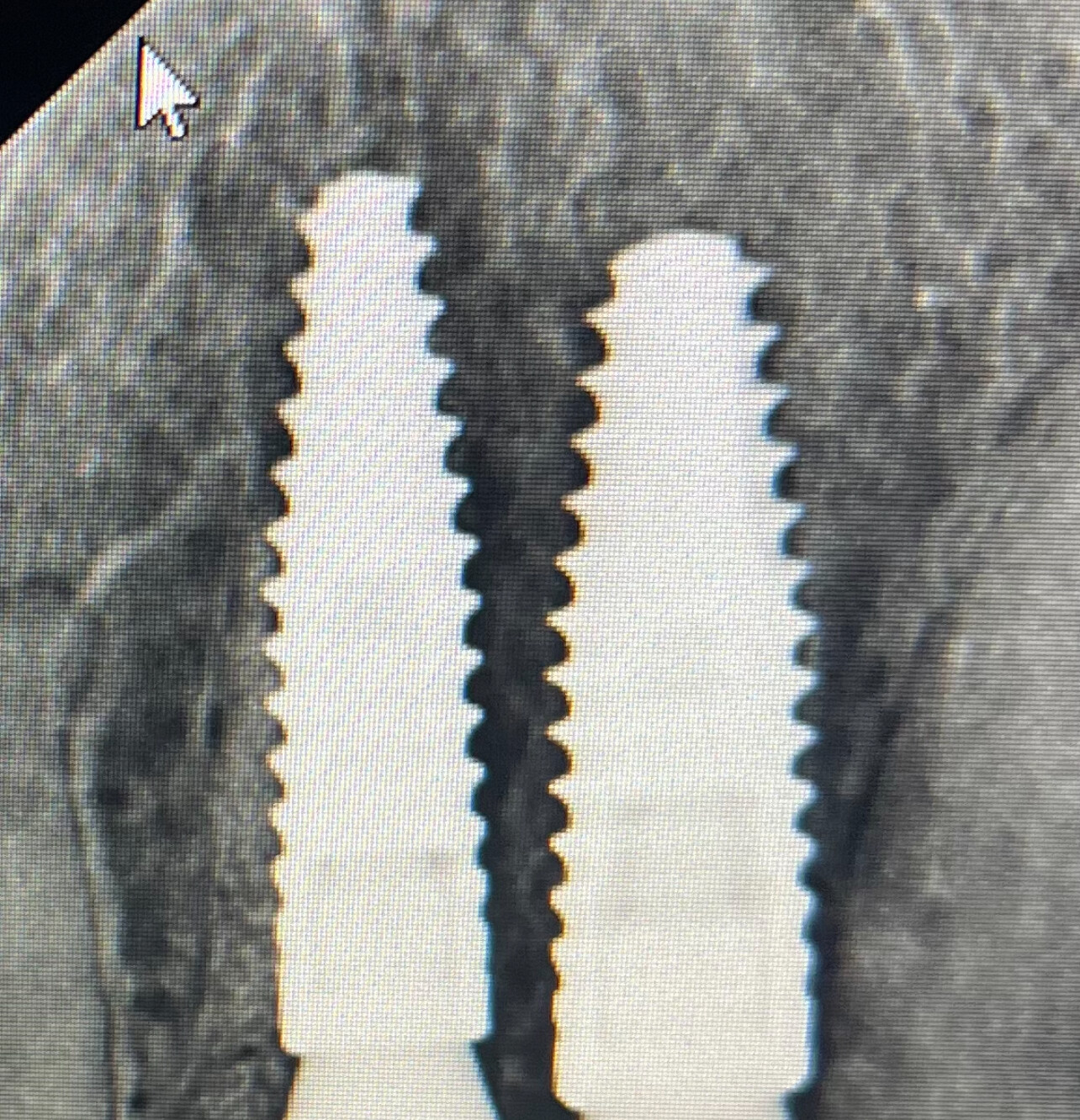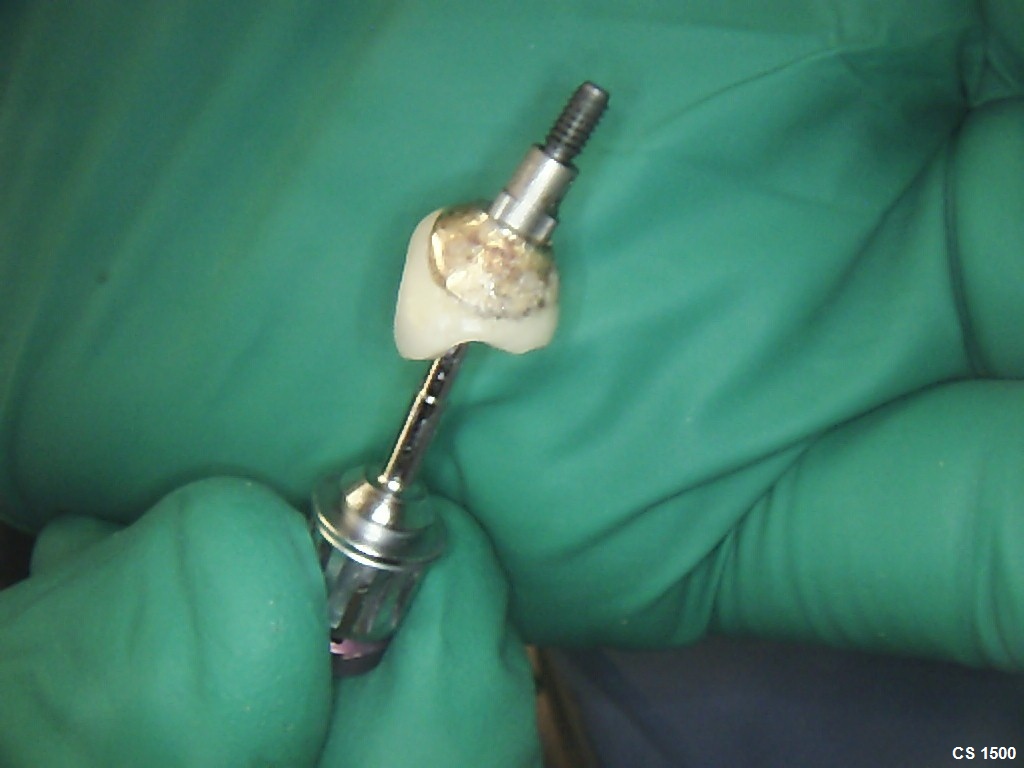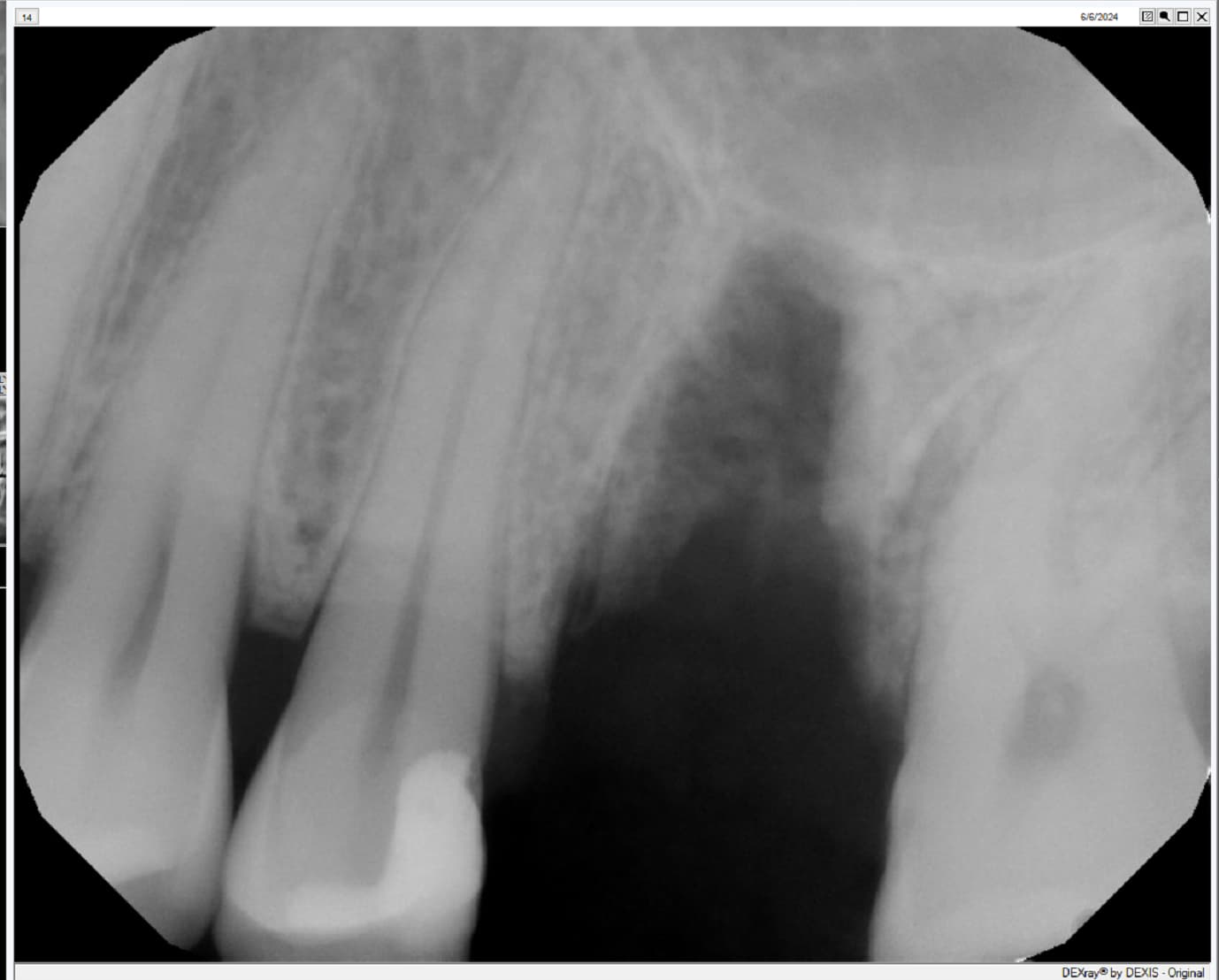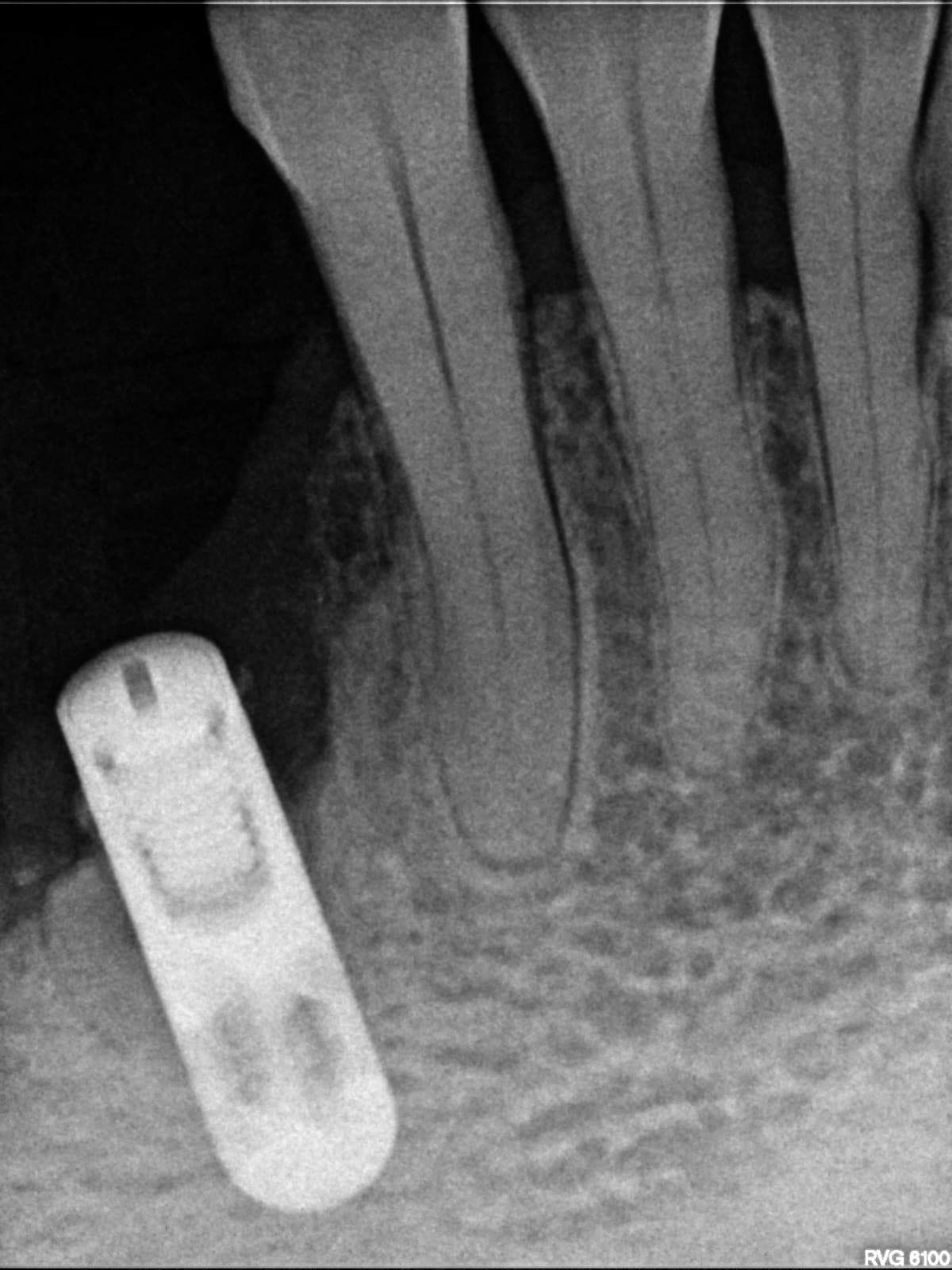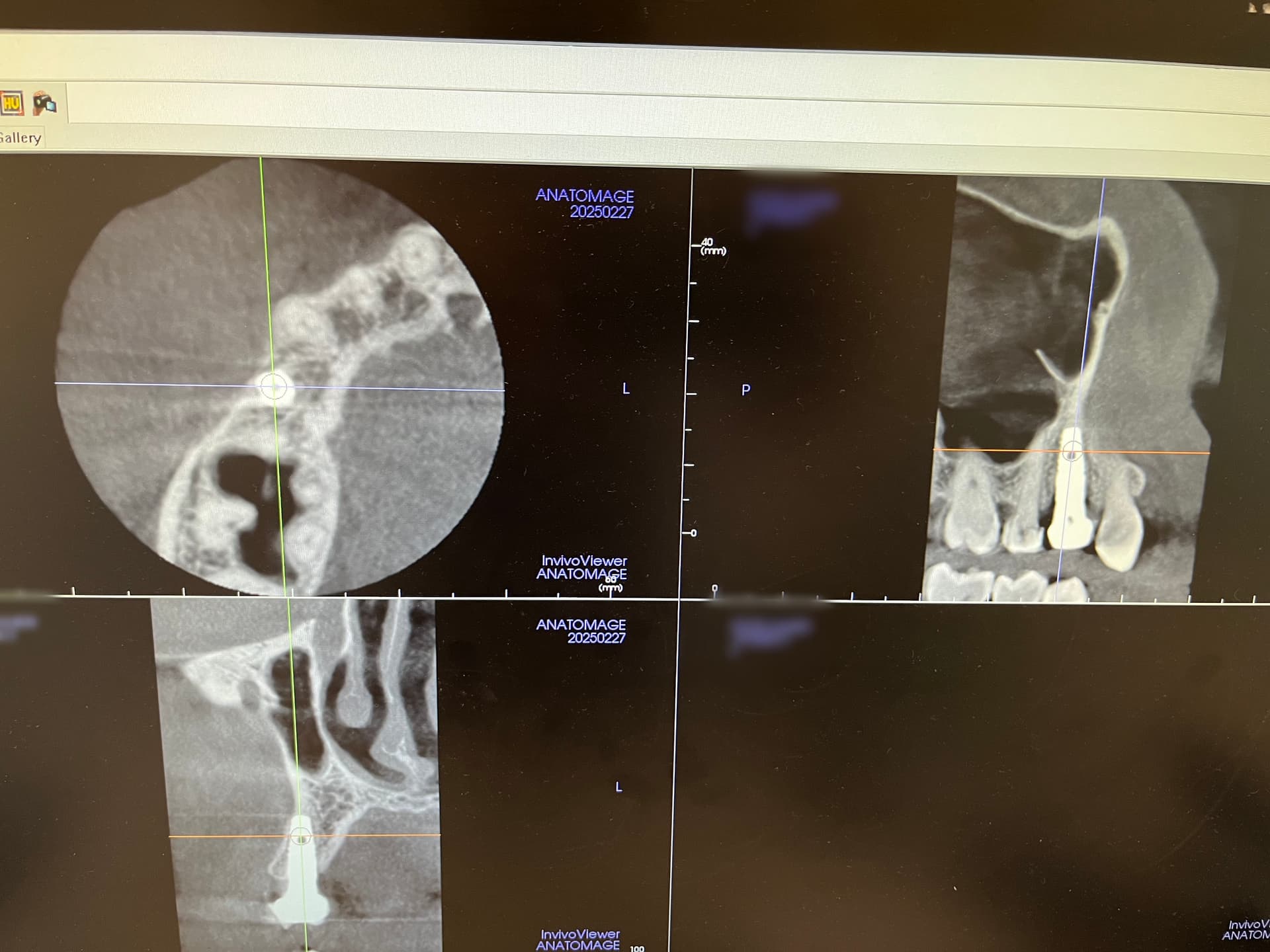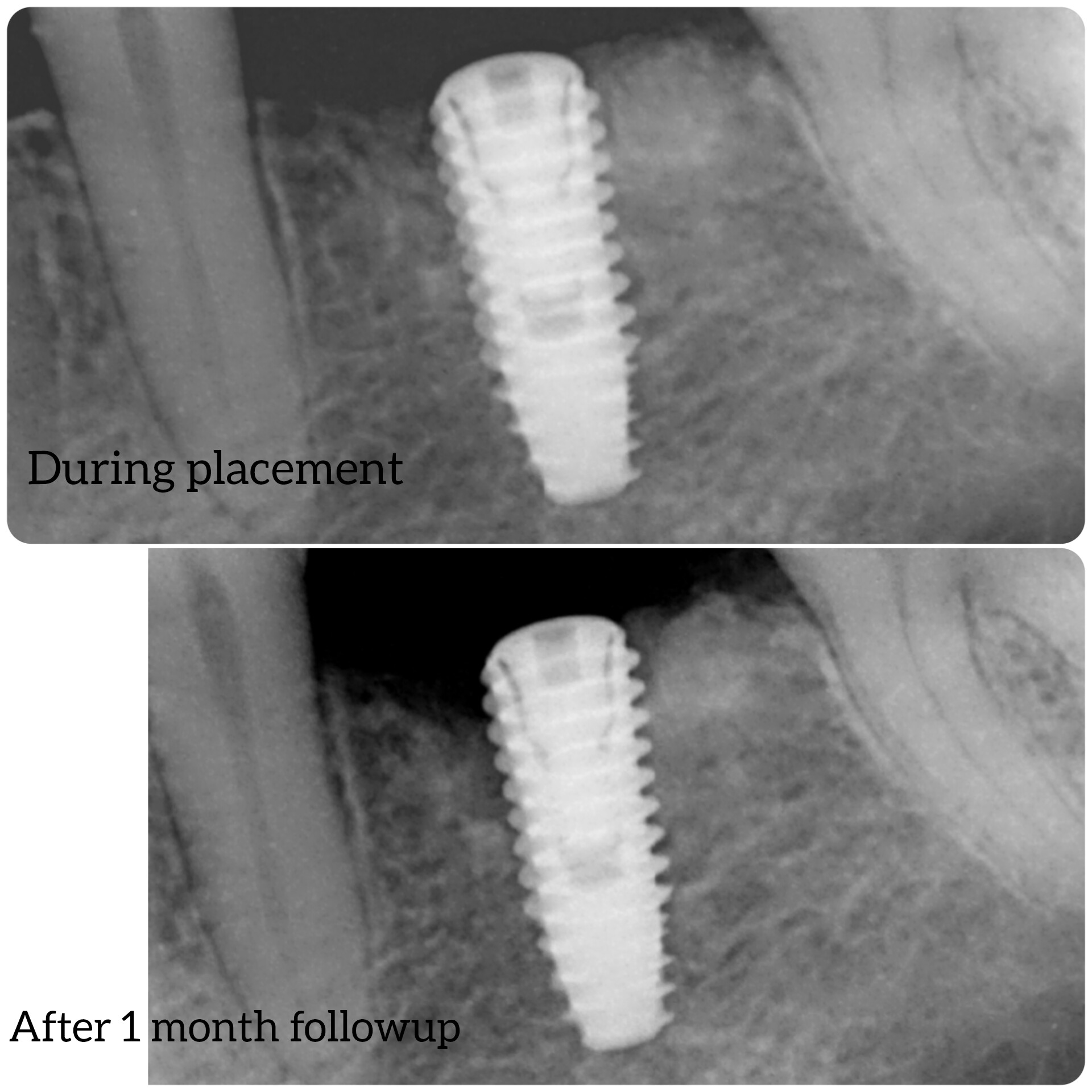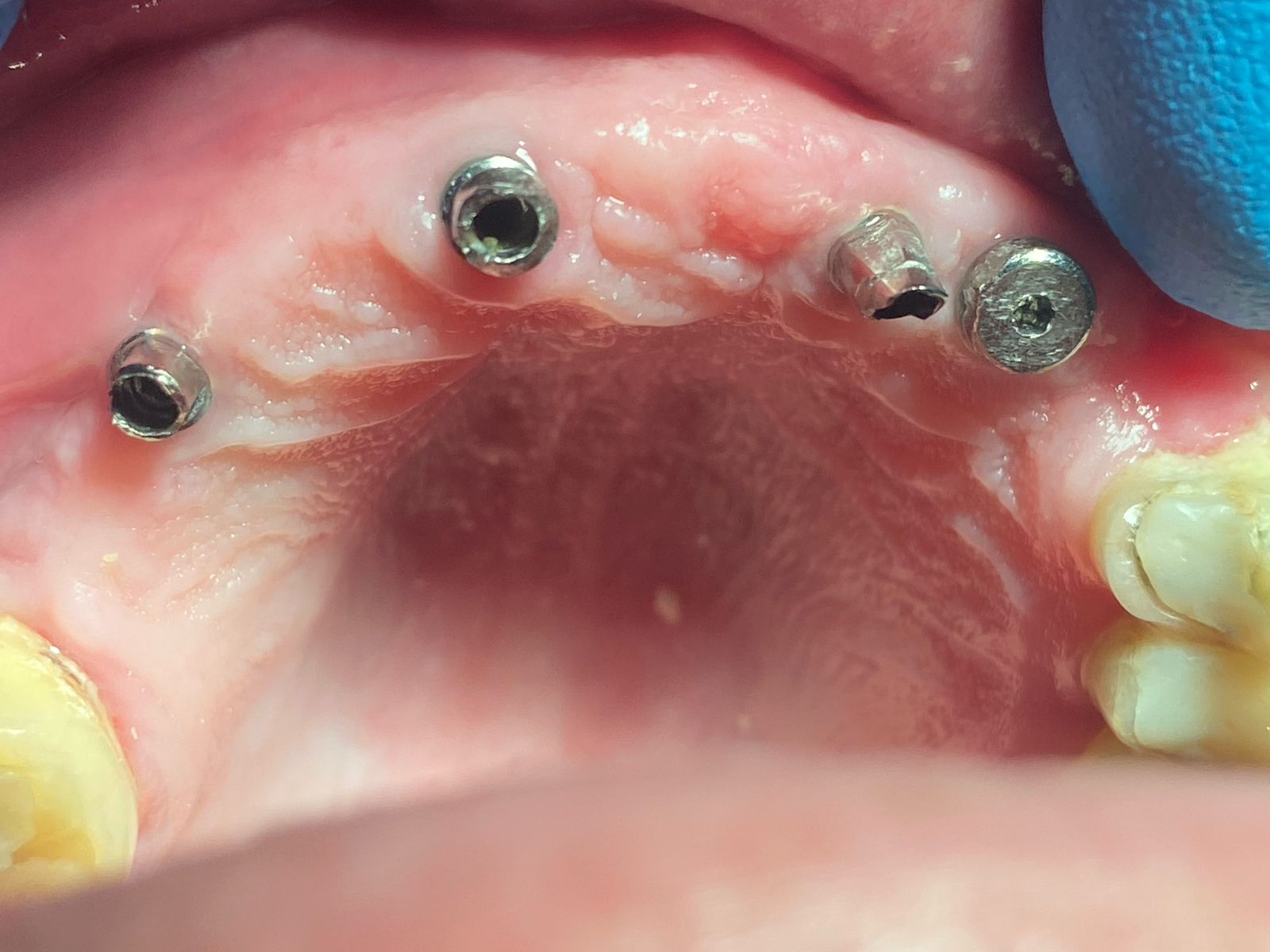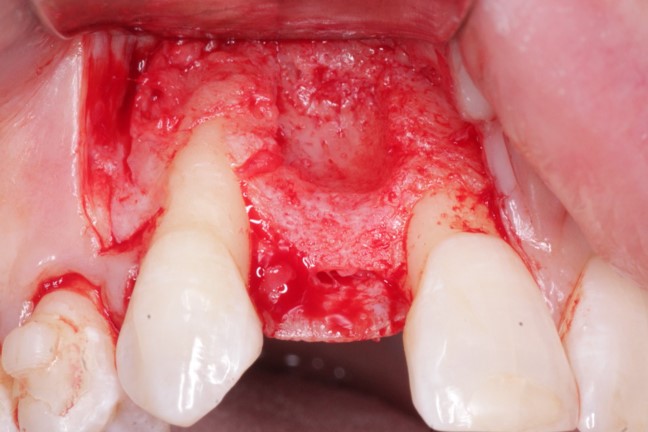MRI After Dental Implant Placement: Can Patients Get One?
Dr. P asks:
I have more and more patients that are asking if they can have a MRI after dental implant placement. I always assumed that dental implants were non magnetic and the prosthetic components were also not a problem. Are there dental implants that may cause damage to patients during an MRI other than just distorting the image? How about full arch prosthetic rehabilitation that has significant amount of metal ( non precious ,semi precious , precious.)? Can this be a problem?
Related Post: Are dental implants safe in MRI exams?
MRI After Dental Implant Placement: Additional Information and Sources
Research on MRI after ImplantsWe have searched for recent research on the influence of implants on Magnetic resonance imaging (MRI). The most comprehensive article we could find was “Interactions between magnetic resonance imaging and dental material” 1. In that study, the authors suggest that metal restorations can potentially cause a distortion of the image and loss of important information. As such, it is important as Dr. Boudet mentions below, to inform the personnel at the MRI centers if you have implants. Importantly, qualified technicians will understand how to minimize the effects of any distortions, because they are techniques to do so, as described in Influence of pulse sequence parameters at 1.5 T and 3.0 T on MRI artefacts 2, where the authors concludes that: “It is possible to compensate the effect of higher field strength on MRI artefacts by setting optimized pulse sequences for scanning patients with metal-ceramic restorations.” Sources:
1.Interactions between magnetic resonance imaging and dental material. Chalakuzhiyl Abraham Mathew et al.
2.Influence of pulse sequence parameters at 1.5 T and 3.0 T on MRI artefacts produced by metal-ceramic restorations.. Cortes AR et al.










